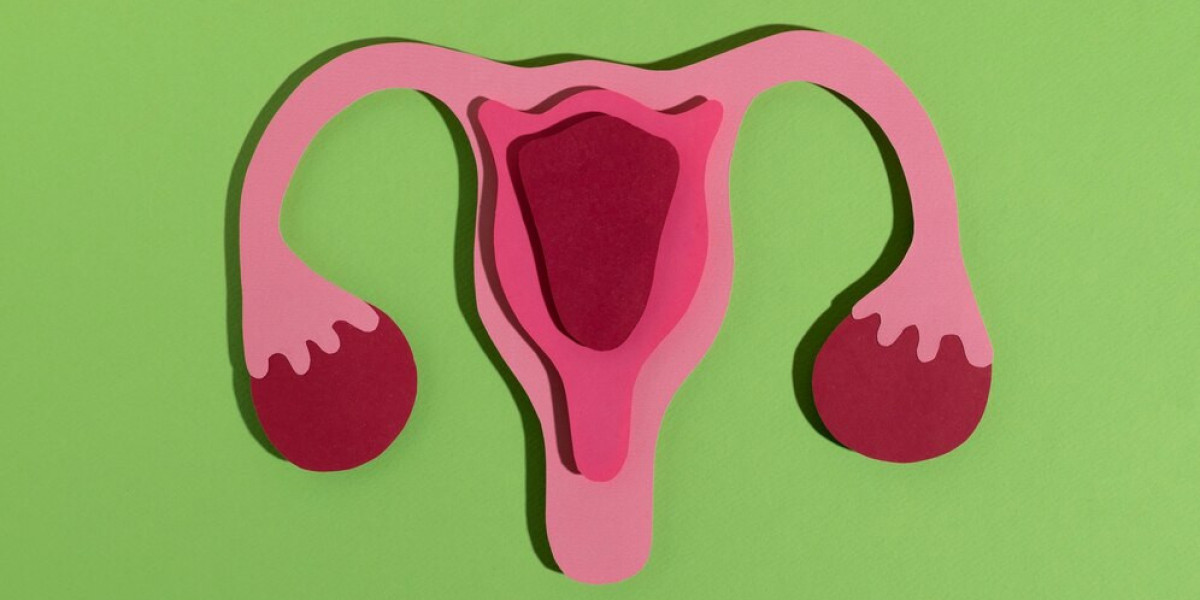A well-maintained hygiene routine can contribute to overall health, while a poor one can lead to issues such as infections, irritation, and long-term complications. Unfortunately, many common practices within feminine hygiene routines may actually be doing more harm than good. In this article, we will examine these practices and offer better alternatives for maintaining optimal feminine hygiene without causing harm.
The Financial Cost of Periods
The average person with a period spends hundreds of dollars annually on menstrual products. Over a lifetime, that figure can add up to thousands of dollars.
The high cost of feminine hygiene products is a burden that many people face, and for some, it can even lead to "period poverty"—when individuals cannot afford the necessary menstrual products.
Supporting policies that address this issue, such as period product subsidies or tax breaks, can make a big difference in ensuring that people can afford basic hygiene.
Overwashing and Excessive Use of Soaps
One of the most common mistakes in feminine hygiene is overwashing the genital area. While it’s essential to cleanse the external parts of the vagina, doing so too frequently or with harsh soaps can disrupt the natural flora.
Your body’s vaginal microbiome, which is home to "good" bacteria, is critical in maintaining an acidic environment that prevents harmful microorganisms from thriving.
Overwashing, especially with soap that contains fragrances, chemicals, or harsh detergents, can strip away these beneficial bacteria. This creates an imbalance that can lead to yeast infections, bacterial vaginosis, and other health issues.
How Diet Impacts Menstruation and Feminine Health?
A well-balanced diet is essential not only for general health but also for regulating the menstrual cycle and supporting feminine hygiene. What you eat can either ease or exacerbate the symptoms of menstruation, such as bloating, cramps, and fatigue.
Furthermore, the nutrients from a healthy diet can influence the effectiveness of your body’s hygiene practices during your period.
Douching: A Harmful Practice
Douching is a practice where a woman uses water or other liquids to rinse out the vagina. While some women believe it helps maintain cleanliness, douching can actually be damaging.
The vagina is a self-cleaning organ, and the presence of natural vaginal discharge helps remove old cells, bacteria, and other impurities. Douching interferes with the natural process, washing away the healthy bacteria that protect against infections.
How best panty liners play a role in Menstrual Feminine Hygiene?
Panty liners are commonly used to absorb vaginal discharge or light spotting, helping women stay fresh and clean throughout the day. They prevent any leakage from staining underwear and provide an extra layer of protection against odor.
For women who have lighter days at the beginning or end of their period, the best panty liners are an effective way to manage the flow. They can also be used alongside tampons or menstrual cups to catch any residual leakage.
The Interplay Between Diet and Feminine Hygiene
While menstruation and hygiene are often treated as separate issues, diet plays an equally important role in ensuring the effectiveness of feminine hygiene practices.
A nutrient-dense diet can help keep the vaginal flora healthy, which in turn supports a clean and odor-free environment during menstruation.
Maintaining a healthy gut is not only important for digestion but also for vaginal health. The gut and vaginal microbiome are interconnected, and an imbalance in gut bacteria can contribute to issues like yeast infections.
Consuming a diet rich in prebiotics (such as garlic, onions, and bananas) and probiotics (found in yogurt, kefir, and fermented foods) can help promote a healthy balance of bacteria in both the gut and the vagina.
Focus on Hydration and Diet
A healthy body starts from the inside, and maintaining a proper hydration and balanced diet is essential for feminine hygiene. Drinking plenty of water helps flush out toxins and maintains the moisture levels needed for healthy skin and mucous membranes.
Additionally, a diet rich in probiotics, such as yogurt and fermented foods, can support the natural balance of bacteria in your digestive and vaginal systems.
Consider including more fiber, lean proteins, and vitamin C in your diet to support your immune system and reduce the risk of infections.
Pay Attention to Your Body’s Signals
Every woman’s body is different, and menstrual cycles can vary from month to month. Listen to your body and make adjustments as necessary.
If you experience unusual discomfort, prolonged bleeding, or signs of infection, it’s important to consult a healthcare provider.
Know when your period is about to start, and track how heavy or light your flow is. Watch for signs of infection, symptoms such as itching, burning, or abnormal discharge should be addressed by a doctor.
Conclusion
Feminine hygiene is all about balance. While it’s important to maintain cleanliness, overdoing it can lead to more harm than good. By avoiding harsh products, focusing on natural solutions, and listening to your body’s needs, you can create a hygiene routine that supports your health without disrupting the delicate balance of your vaginal ecosystem.








